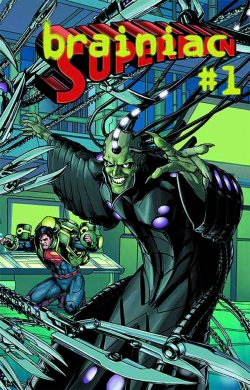Asclepias
Diamond Member
Or what Sweet Tom? You wanna debate DNA? Please say yes.Ass leper, you're way out of your league here. Quit while you're behind.

Follow along with the video below to see how to install our site as a web app on your home screen.

Note: This feature currently requires accessing the site using the built-in Safari browser.
Or what Sweet Tom? You wanna debate DNA? Please say yes.Ass leper, you're way out of your league here. Quit while you're behind.


